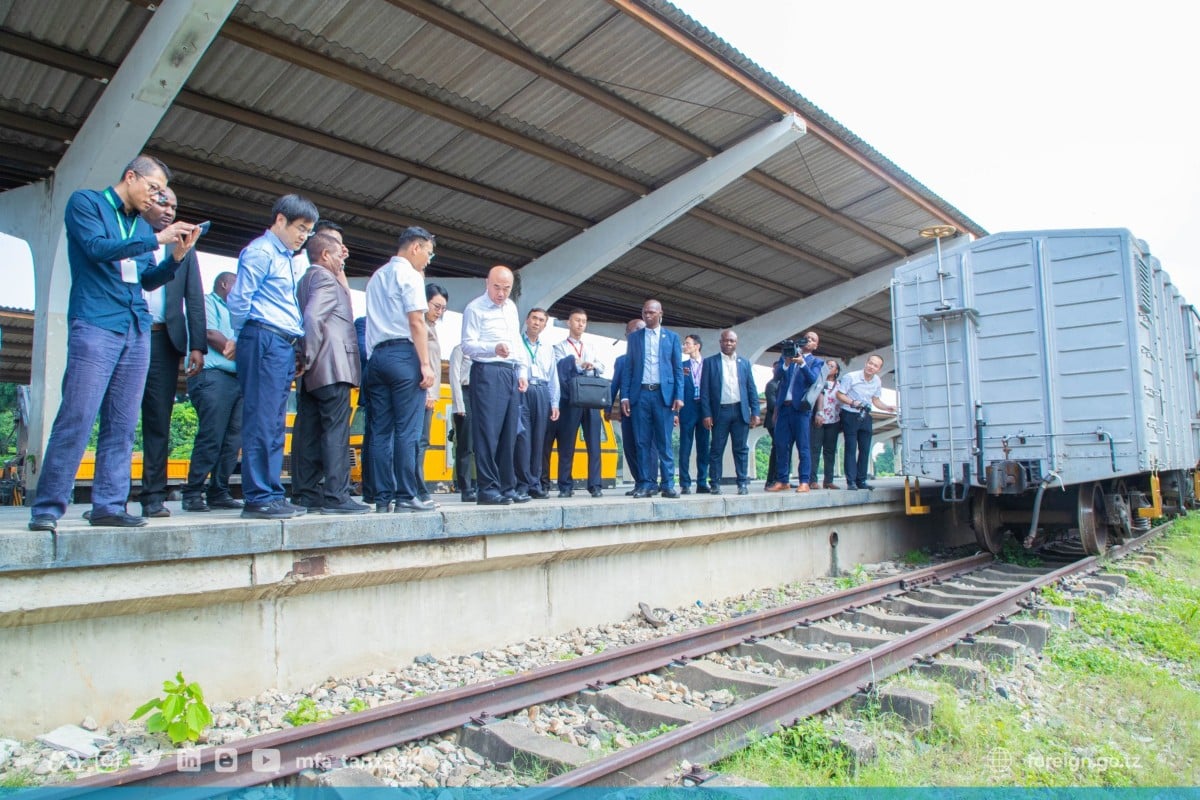China inks deal to revamp Mao-era railway in Zambia
China signed on Wednesday an agreement to revamp the Tazara railway, a vital transportation link between Zambia and Tanzania. The project, which was originally built with Chinese assistance in the 1970s during the Mao Zedong era, aims to boost Zambia’s copper exports and strengthen China’s influence in the continent.
The agreement, signed at the Forum on China Africa-Cooperation, marks the beginning of a major upgrade to the railway. While specific details of the project have not been disclosed, it is estimated to cost over $1 billion.
The Tazara railway connects Zambia’s copper mines to Tanzania’s main port on the east coast of Africa. Its revitalisation could play a crucial role in exporting copper to China, the world’s largest consumer of the metal. This move is seen as a strategic response to the United States’ support for another rail project in the region.
China has been actively involved in the revitalization of the Tazara railway, sending experts to assess the infrastructure and proposing a plan for commercial operation. The project holds symbolic significance for China’s relations with Africa, as it was one of the first major infrastructure projects undertaken by the country on the continent.
The Tazara railway has fallen into disrepair over the years, operating at a fraction of its design capacity. Its modernization is expected to significantly improve the efficiency of copper exports from Zambia and Tanzania. The deal also reflects China’s more cautious approach to foreign infrastructure projects, following the challenges faced by some of its previous investments.
Attribution: Bloomberg


